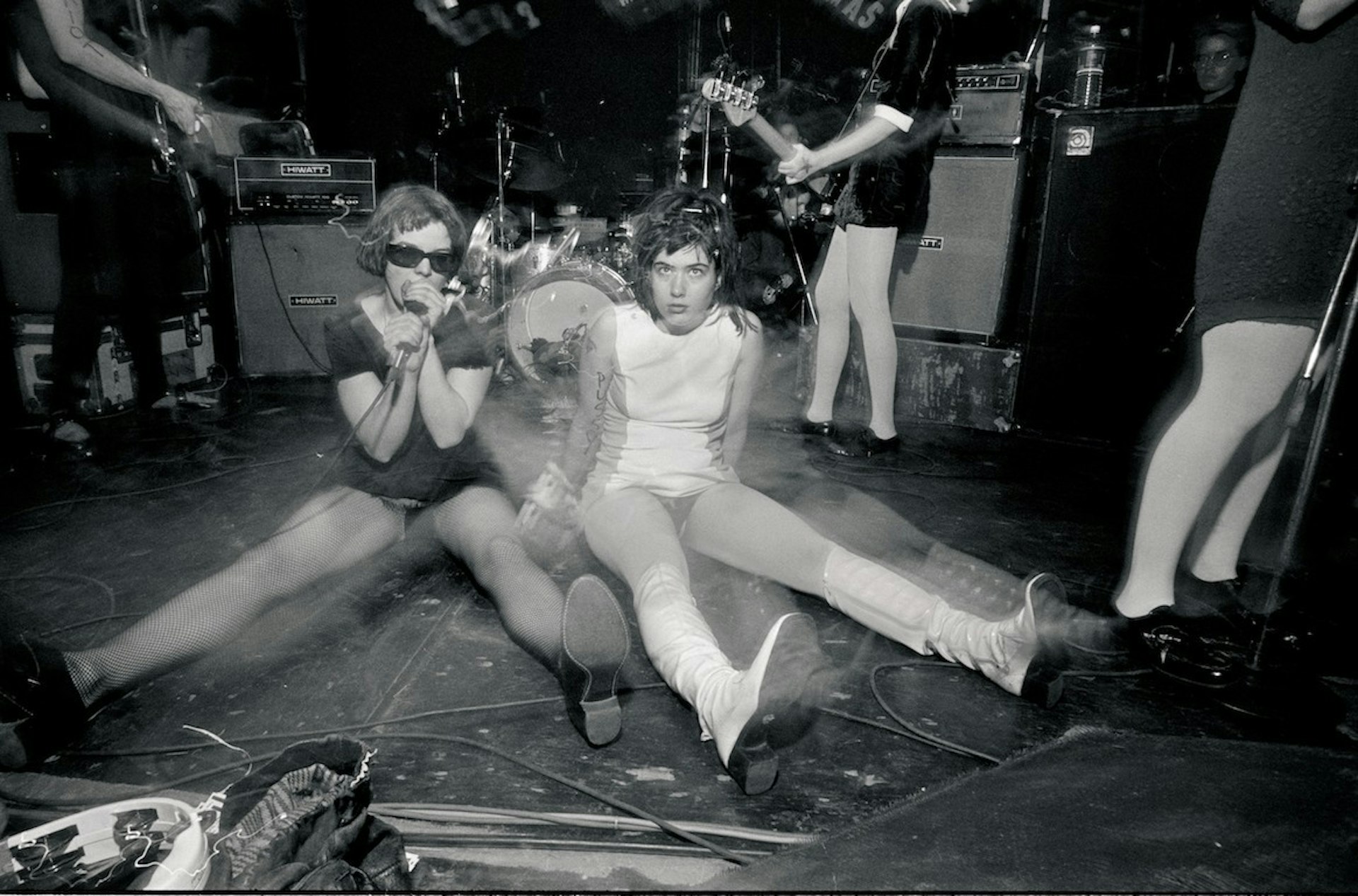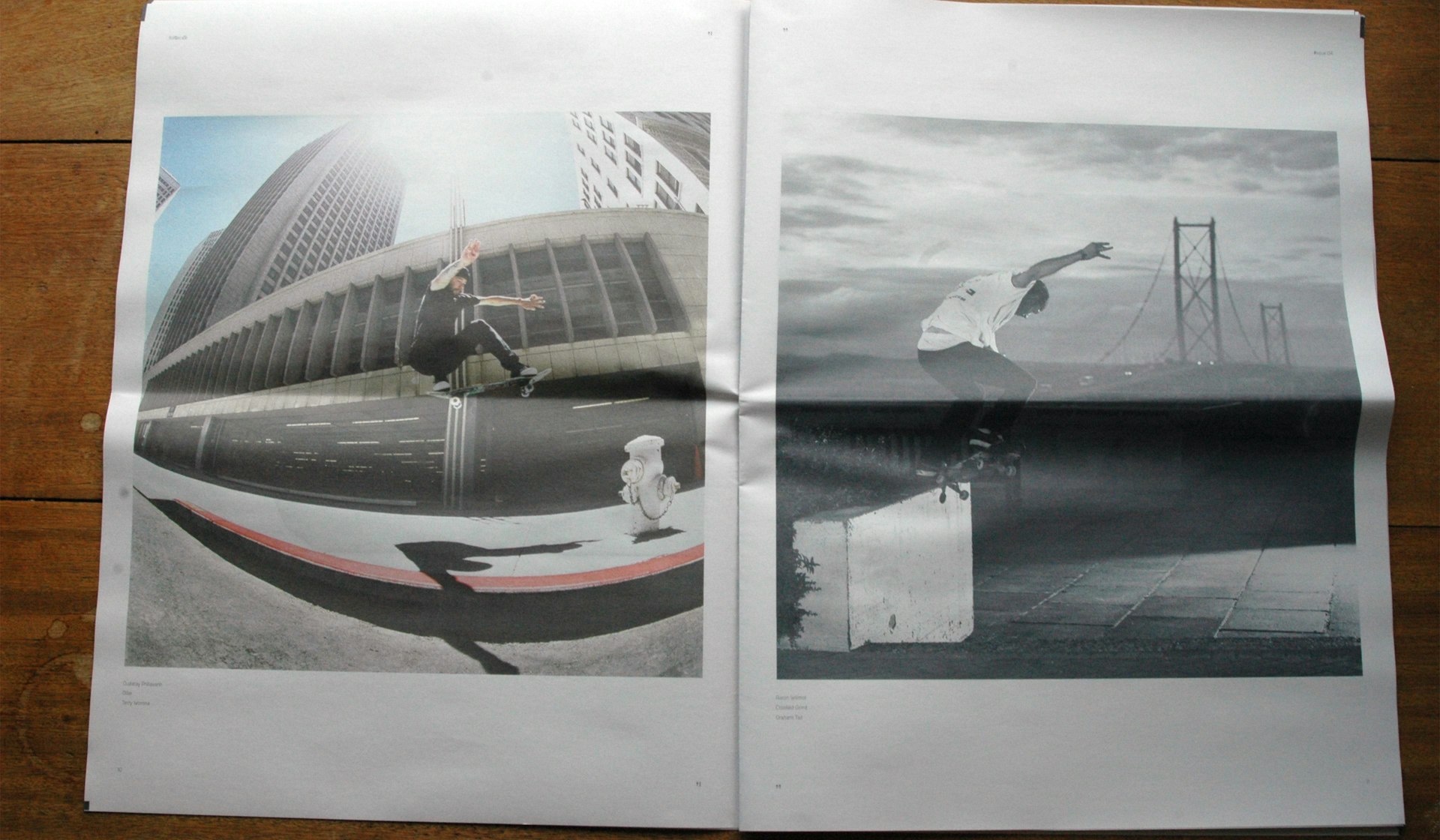
Is music photography dead?
- Text by Pat Graham
- Photography by Pat Graham
I disagree with the statement that we have lost a whole generation of talented music photographers due to not enough paying gigs. I think with the current state of things when it comes to music, art and photography it has become difficult to earn money for many reasons. The first reason obviously would be the invention of the World Wide Web. As we know everybody nowadays expects art, music, photography, and most things created or visual for free. This does destroy income feeds for the artists, but it also increases the audience that the artist can reach. So I guess if you’re out there to make money you will have to look at alternative ways of doing it. If you want to share your vision and hopefully inspire others then the internet is a great tool.
Sadly most of us in the world of art cannot afford to just share what we create without receiving anything in compensation or return for what we have created. This just means that all of us must be very creative and think of other ways to gain income through other activities. As for music photographers I think it’s very rare that one becomes a music photographer and remains the music photographer until the day they die. For more reasons than one. My work is based in music photography and that is what inspired me to want to be a photographer. I still enjoy music photography, and I do receive some income from these jobs, however it would never be enough to live on solely, and I think it would be very rare to find anyone being able to live off that on its own. Most people are of course helped out by working with related fashion brands or doing corporate jobs and that is what pays the bills.
If you look back at what people call great music photography a lot of it is based on pictures of bands before they were famous, or at very small venues when no one else knew what was happening. So to go back to the original statement I definitely think that we have not lost a whole generation of talent in music photographers. The most exciting music photography features young bands doing new things and usually the photographers taking pictures of young bands are also young and very excited by what they’re seeing. I think the last thing they’re thinking about is a paycheck at the end of the gig in somebody’s house.
When I first started taking pictures of bands I never really thought of it as a career. I never thought about how I could make money or sustain myself by taking pictures of bands. I was obsessed with getting a great photo and being able to print that photo in a dark room the next day. My pursuit was of great music and performers who really had something to say in their actions and music. I was driven by photographing bands that gave me and the audience something to look at. Something I wanted to freeze in a moment so I could remember and also share with others.
I moved thousands of miles and a 15-hour drive from my hometown to live in Washington DC and photograph bands like Fugazi, Nation of Ulysses, and Bikini Kill. And to place myself in the centre of a very inspirational and exciting scene. I was not pursuing a career I was pursing life, as I wanted to live it.
I think that most of the great music photography that has been taken by different people usually sums up one small part of music. For example Charles Peterson and grunge etc. and Glen Friedman with punk rock and hip-hop. Jim Marshall for his iconic shots in the ’60s and early ’70s. All of these people were music photographers who documented the music they loved and were passionate about. When I first started taking pictures of bands the only thing I could think of was, ‘When is the next gig?’ And did I manage to capture the defining moment of that band’s performance?
Perhaps for a short period of time you could have relied on income from music photography but I don’t think that ever lasted that long. And nowadays photography is extremely accessible to anybody. This is very exciting and a very interesting time as the camera has almost become like the typewriter or pen. It’s a new way to communicate and everybody wants to give it a go. And obviously if you’ve got 50 photographers photographing one gig for say three magazines then yes the competition is going to be fierce and the payment will be small. But if anything all this competition and low payment should hopefully weed out the excess of photographers and leave only the great and passionate ones standing.
Enjoyed this article? Like Huck on Facebook or follow us on Twitter.
